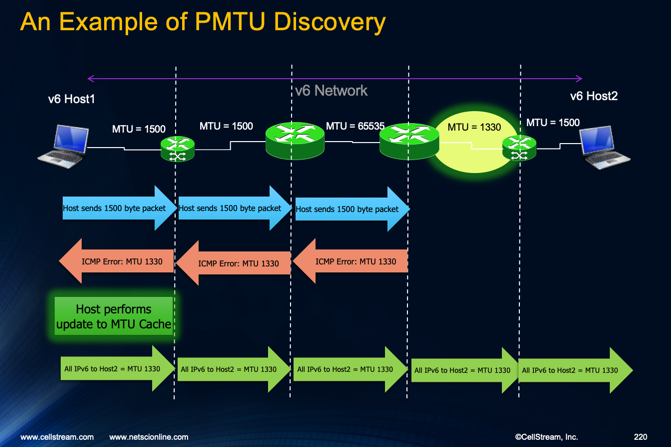Why are NAT/NPAT not a security function?
Network Address Translation (NAT) and Network Port Address Translation (NPAT) are not considered a security function because its primary purpose is to modify the L3 network address information in IPv4 packet headers and L4 port numbers of TCP or UDP while in transit. NAT and NPAT are not needed in IPv6 networking. NAT is primarily […]
Why are NAT/NPAT not a security function? Read More »







